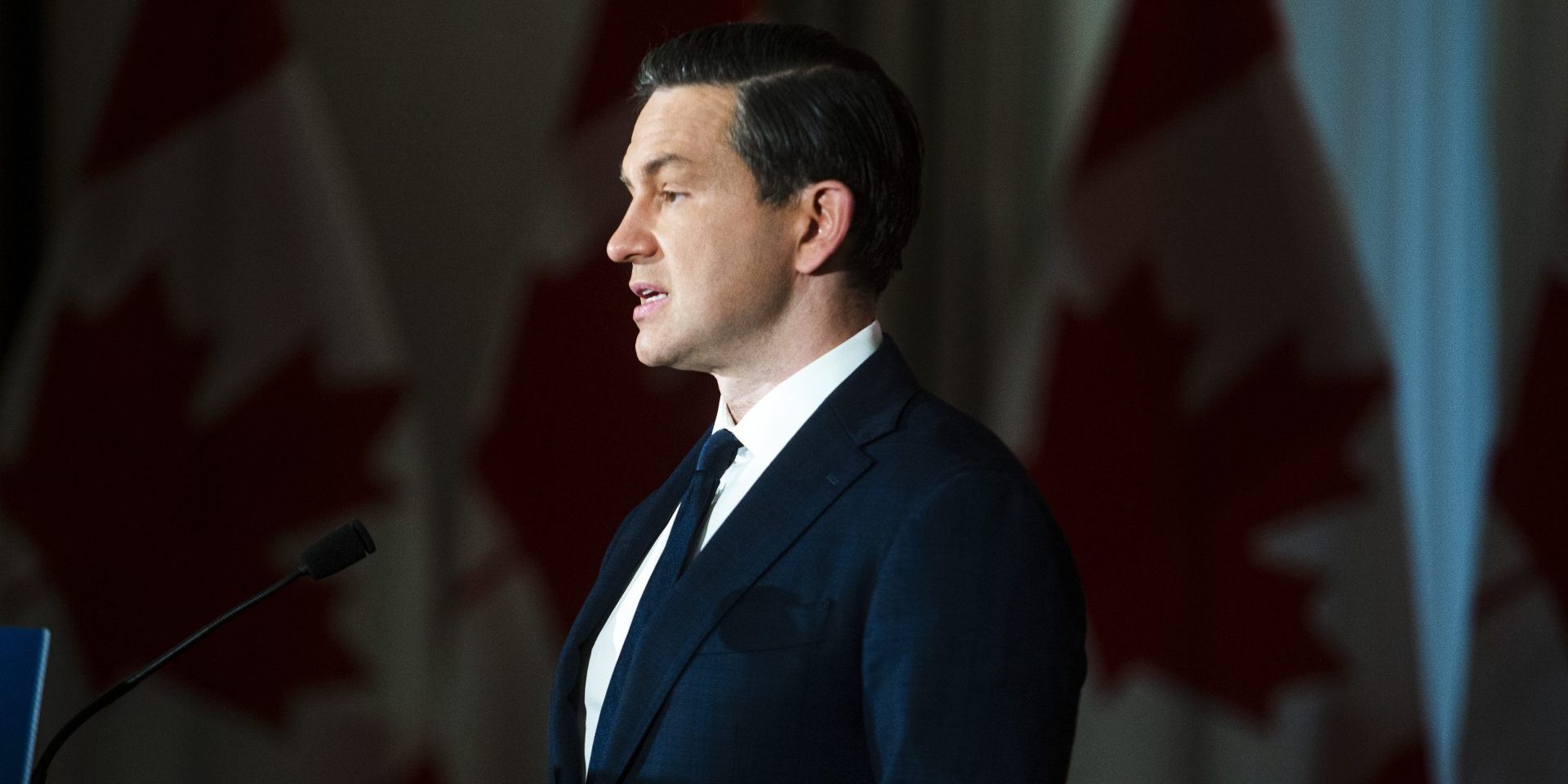Pierre Poilievre’s path to prime minister

Now that he’s heading back to Parliament, Conservative Leader Pierre Poilievre’s path to the Prime Minister’s Office requires discipline.
His first task after Parliament’s fall session is to face down any challenge to his leadership at the Conservative Party’s convention in January. As an Alberta MP, the Calgary venue favours him. So too does the support of his caucus. He can rightfully boast at the convention of having made impressive gains for the party in the April election.
The main issue in the recent spring election was not who offered the most attractive policies, but who could best deal with the mercurial Donald Trump and handle the economic fallout of the American president’s tariff fixation. With former prime minister Justin Trudeau’s resignation, Mark Carney’s rise to power, and Trump’s denigration of Poilievre and endorsement of Carney, winning the election was an impossible climb for Poilievre. He was not the right leader for the times.
What was nevertheless remarkable was how well his Conservatives performed under the circumstances.
The charge by Kory Teneycke, ormer prime minister Stephen Harper’s director of communications, that Poilievre’s team was guilty of “campaign malpractice” for losing the lead they had in public opinion polling in 2024 was unfair.
The Conservatives held the Liberals to a minority, which most pundits, including myself, did not anticipate. They also garnered 41 per cent of the popular vote, which is their highest percentage since the Brian Mulroney sweep more than four decades ago.
If they hold that level of support in the next election, they could form government if a somewhat revitalized NDP manages to peel off some Liberal seats and votes.
After his performance at the convention satisfies his party’s base, Poilievre will have to moderate his tone by jettisoning his simplistic sloganeering and his attack bulldog persona. Coming across as a brawler is off-putting to many voters, especially women and seniors.
He can remain true to his principles and articulate an alternative vision to that of the government, but he needs to dampen his shrillness and any hint of self-righteousness. He needs to be constructive, and not destructive or disruptive unless an important party principle is at stake. Poilievre and his caucus will need to avoid besmirching the character of Prime Minister Carney or ascribing dark motives to his government. The public doesn’t buy that kind of approach.
Poilievre’s attempt to persuade the public by repeating catchy phrases, instead of justifying his policy ideas, communicates a juvenile quality. Calling Trudeau a “wacko” earned only ejection from the Commons, not respect. Such talk may appeal to young testosterone-driven males, but they are the most fickle of voters and less likely to show up at the polls than their parents.
Jingles like “axe the tax,” “spike the hike,” and “jail not bail” are memorable phrases but they convey an immature and sour quality. Repeatedly suggesting that Trudeau’s policies caused inflation slid over the fact that it was a world-wide phenomenon during the pandemic.
Similarly, Poilievre’s claims during the election campaign that Carney’s policies were the same as Trudeau’s did not ring true. Carney did not sound, look, or campaign like Trudeau. Carney’s message of “build, baby, build,” echoed business liberalism, not Trudeau’s social liberalism.
Poilievre would benefit from exhibiting some humility, and not crowing that his byelection victory occurred in the “most important byelection in Canadian history,” as the Conservative Party called it. It wasn’t.
To wit: after prime minister William Lyon Mackenzie King lost his Toronto-area seat in 1925, a Saskatchewan Liberal MP who had won his riding with barely half the vote resigned so that King could run and return to Parliament.
Damien Kurek, in contrast, had won Battle River-Crowfoot by a 71-per-cent margin over his leading opponent.
King’s byelection victory was more “important” because it meant the prime minister could resume sitting in Parliament.
Poilievre did not engage sufficiently in the groundwork that helps boost election prospects. Somewhat arrogantly, he distanced himself from Progressive Conservative premiers like Doug Ford, and he failed to capitalize on associating himself more closely with conservative mayors like Danny Breen of St. John’s.
Poilievre is well-positioned to win the next election. It is unlikely to occur within the next three years, but when it does come, the Liberals will have been in power for an extraordinarily long time—likely 13 or 14 years. The public appetite for change will have grown and, if Poilievre plays it right, his stature will have grown as well.
Nelson Wiseman is professor emeritus of political science at the University of Toronto.
The Hill Times





 LICENSING
LICENSING PODCAST
PODCAST ALERTS
ALERTS


